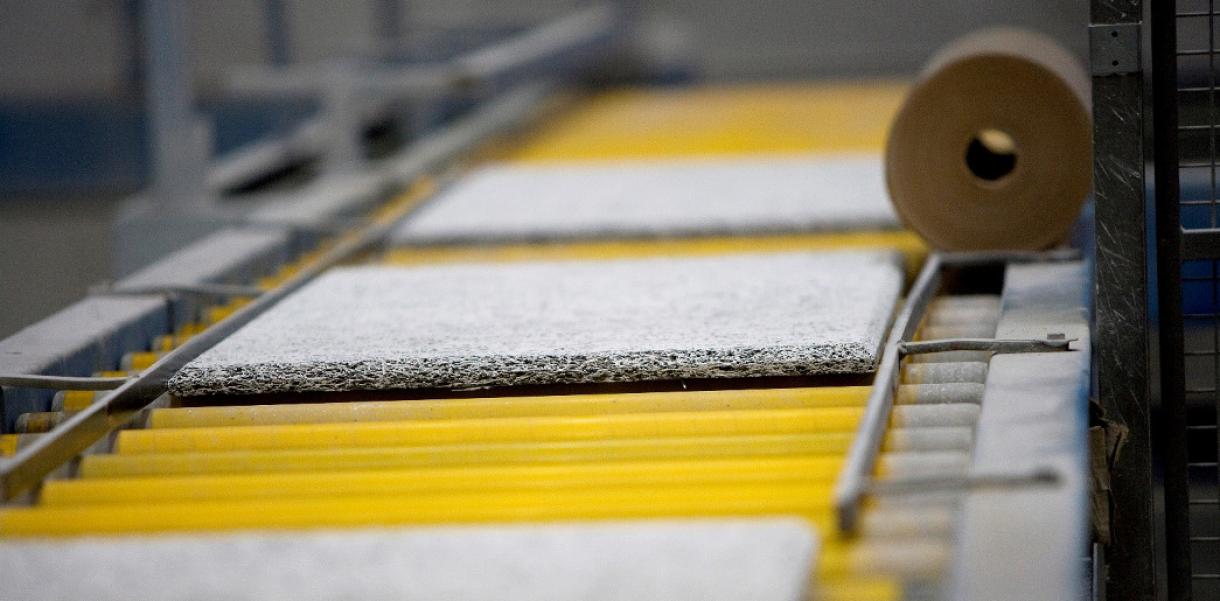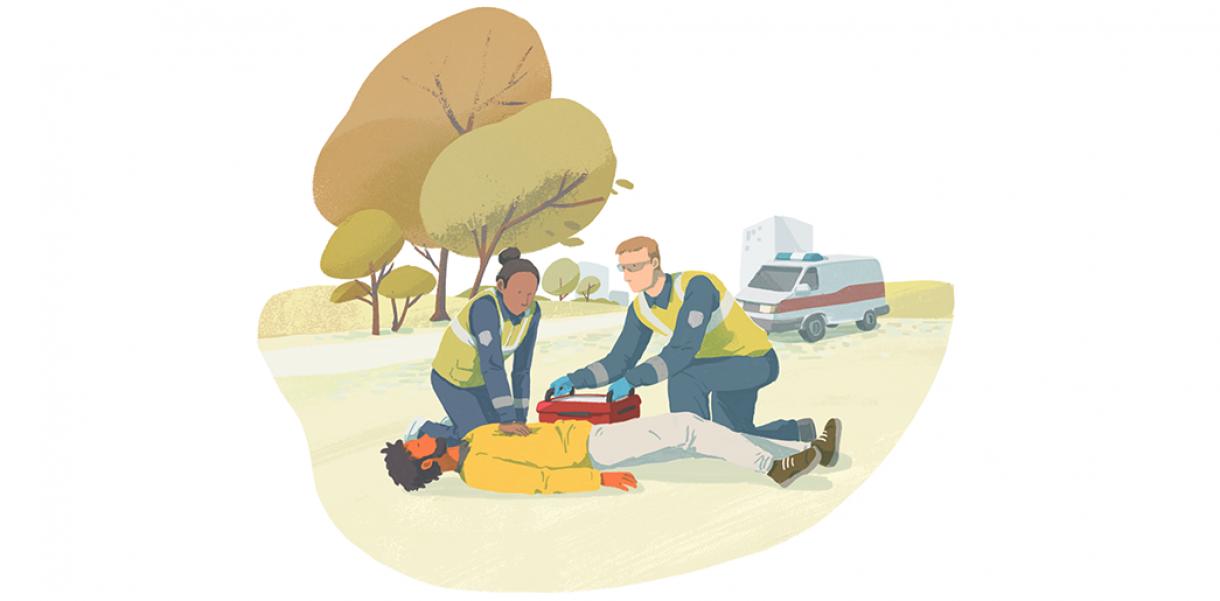A new decade is upon us – how do we design for the 20s? While we explore the meaning of life and how to improve it, we must also question old paradigms. I'm curious to know how many conversations about what life for humans, and non-humans, means to corporate leaders, politicians and heads of state that attended Davos this year? That is, beyond the conversations around wealth and the economic climate of the year ahead.
One thing, however, that has been impressive over the past decade is the growing citizenry that has taken root across the globe — a shift, catalysed by passion and supported by advanced technologies, of new modes of youth activism. The Greta Thunbergs and Joshua Wongs are inspiring representatives of these modern movements, and we have much to learn from them.
Identity politics, together with idea politics, has seen these powerful movements touch the lives of us all. This civil action calling for justice is an awakening and a big part of our contemporary democratic society. And it's clear that pressure from the people is effective. When individuals connect over shared interests, values and beliefs, communities form, passions ignite and change is set into motion.
Prosperity and 'the good life' is taking on a whole new meaning for the leaders of tomorrow, who have an entirely different barometer of success. This isn't based on economic growth or progress for the sake of progress but, how we respond to the climate emergency, change the shape of democracy and build on values and justice.
"Our entire system needs a significant rethink if we're to live within a 1.5 ºC world."
Changing the growth paradigm will fundamentally challenge how we view impact for individuals, shareholders, and society at large. Our entire system needs a significant rethink if we're to live within a 1.5 ºC world, according to the IPCC.
Seeing how these movements grow reminds me of Imagined Communities by Benedict Anderson. It explains some of the paths to nation-building and how the rise of the printing press and mass media technologies enabled narratives to be constructed and communicated widely to bring strangers together through shared belonging.
Is there a new type of nation-building that's happening outside our geographical borders as we know them? It's now easier and more prevalent than ever to create and mobilise new communities through social media and communication technology.
Small and large, near and far, beyond nations and driven by purpose – all for the sake of our imagined future. A future we each have a responsibility to imagine and strive for so that once it's constructed, it's representative and beneficial for us all.
"Design plays an even more critical role in humanising the technology that underpins our world."
Technology plays a resounding role in democratising the way people work, live, learn and play in our communities. Design, therefore, plays an even more critical role in humanising the technology that underpins our world. The ability to be connected is one thing, knowing who you represent and how you do that responsibly is another.
Design is a language that speaks with many disciplines and helps guide, craft and forge ethical pathways. It helps set the moral compass in place and shows us how to create to truly serve human needs.
So, how do we look beyond ourselves and see what our higher purpose is beyond the economic framework?
The world needs innovative solutions, yes. But if we're to exist beyond the peaks, there's a scale of investment required and leadership must reexamine the beneficiaries of power and ownership. This needs to happen now and fast. And by making their voices heard and demanding immediate action, this makes our next generation, quite frankly, all right.
-
Image: World Economic Forum



